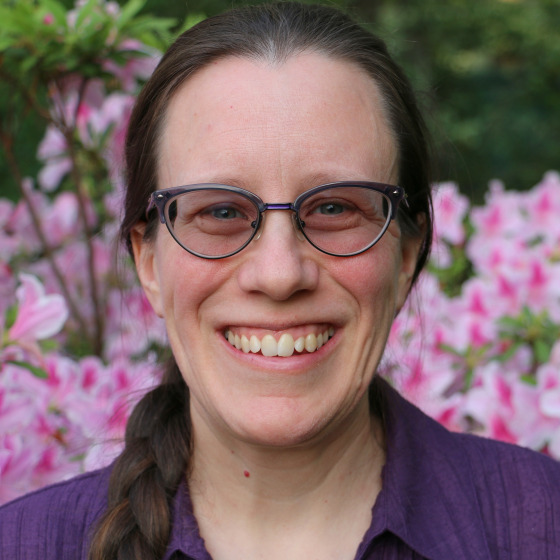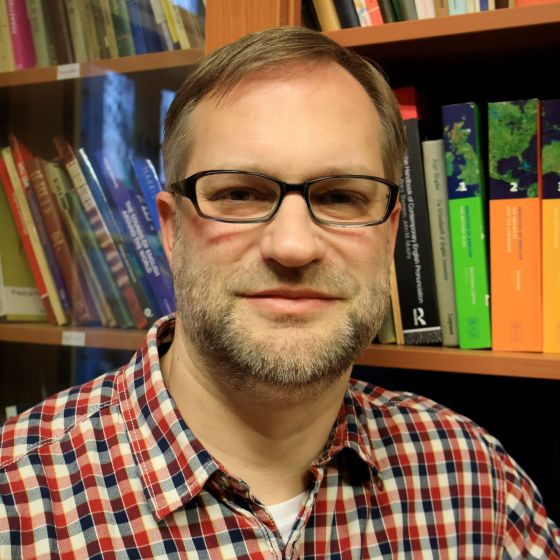Featured workshops
Stephanie Lindemann

15 October 2025
3 hours, with a short break (1–4 pm)
Addressing the neglected role of the listener: Training both L1 and L2 speakers on listening for global communication
Professor Stephanie Lindemann (Georgia State University, United States)
Speakers’ pronunciation can have a powerful effect on both how well they are understood and how they are perceived, but the nature and the degree of that effect also depends on their listeners. In this workshop, we will explore some of the evidence of the importance of the listener’s role and ways to address it in different venues, including creating opportunities to address L1 listeners’ as well as L2 listeners’ attitudes and skills relating to comprehension of speakers from a wide variety of linguistic backgrounds. The workshop will include some presentation, but workshop participants will engage in small-group brainstorming and discussion. The main aim of the hands-on tasks will be to discuss how to incorporate and apply workshop concepts and principles to participants’ own contexts for teaching or pedagogical research.
Register early - space is limited!
Radek Skarnitzl

15 October 2025
3 hours, with a short break (1–4 pm)
Phrasal Prosody in L2 English
Professor Radek Skarnitzl (Charles University, Czech Republic)
Prosodic aspects of speech like melodic and rhythmic patterning are known to be essential for the comprehensibility and intelligibility of second language speakers. The central unit of prosody is the prosodic phrase (also called the thought group in teaching materials), and the teaching of phrase-level prosody is therefore of great relevance.
In this professional-development workshop, targeting in-service and pre-service ESL/EFL teachers and emerging researchers, I will introduce the nature of the prosodic phrase and highlight its role in fluent speech. Specifics of English phrasal prosody – as compared to several other languages – will be highlighted.
For decades, pronunciation experts have been discussing the role of a suitable model for pronunciation teaching. Research shows that using the learner’s own voice for modelling yields better and longer-lasting results of pronunciation training. Using the learner’s own voice also avoids the practical and social issues of finding appropriate pronunciation models. Therefore, a key practical part of the workshop will focus on modelling phrasal prosody using learners’ manipulated voices, so learners can then use their own “improved” voice as a model. Workshop participants will have ample opportunity to practice performing prosody manipulations in Praat, where these are implemented in an easy-to-understand manner.
If pronunciation teaching is to be successful, it needs to be integrated into language lessons. In the final portion of the workshop, I will demonstrate how work on phrasal prosody can be integrated with ordinary elements of a language lesson – and how work on phrasal prosody is in fact much more than just phrasal prosody, encompassing multiple sound patterns of English. Workshop participants should also be able to apply workshop concepts to the teaching and researching of other second languages.
Workshop requirements: Please bring your laptop with headphones and have Praat installed. No prior knowledge of working with Praat is required – only an open mind!
Register early - space is limited!